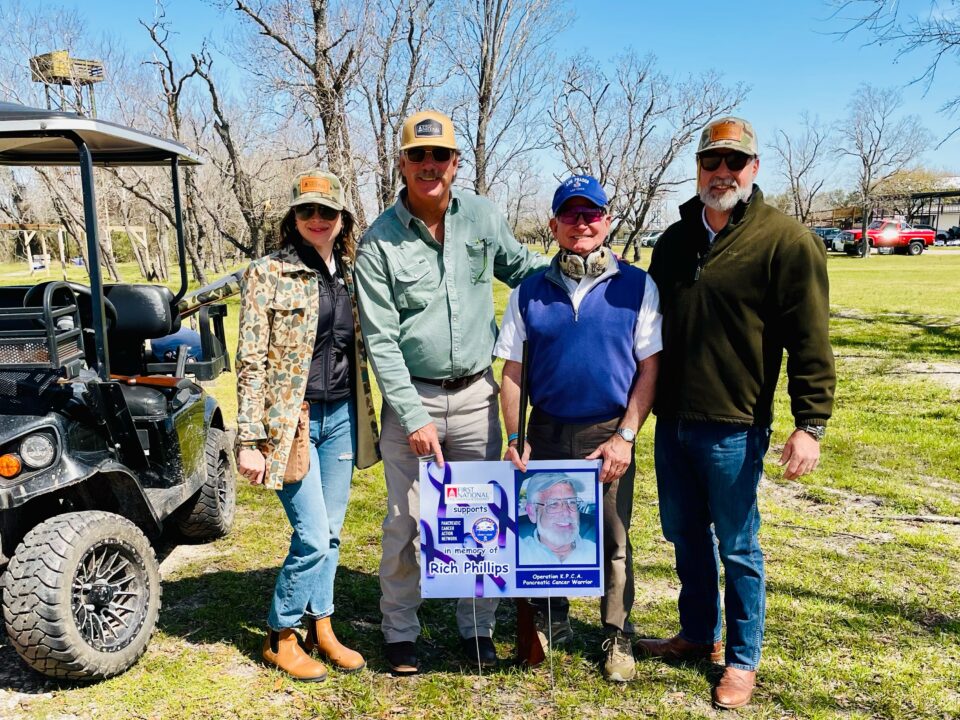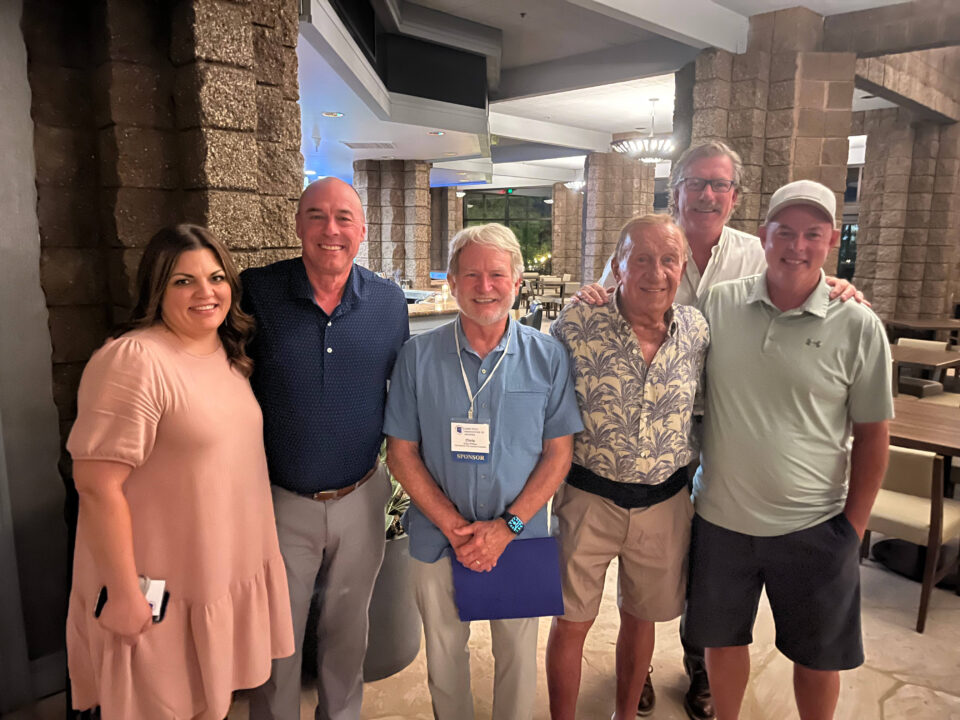
Out & About: Scalloping with Frontier Title Group
September 17, 2020
UNDERWRITING Q&A: At what point will title be insurable following a tax sale in Arizona?
September 21, 2020A: No.
While we may have covered this subject in past blog topics or bulletins, we continue to see claims filed wherein an heir went unidentified on an affidavit of heirship that was relied upon in the closing and insuring of a transaction.
An affidavit of heirship is a document used to establish the identity of person(s) who have succeeded to a deceased owner’s interest in the property when the deceased owner died without a will or the will was not probated and the laws of intestacy of the State where the property is located control. An affidavit of heirship is not a cure-all, is only as good as the affiants are honest, does not vest title in the named heirs, and does not divest a person who is omitted from the affidavit but who is in fact a rightful heir of the decedent. For example, if two siblings offer an affidavit of heirship stating that they are the only heirs of the property, intentionally omitting an estranged sibling, and that estranged sibling later claims his/her interest in the property, the fact that an affidavit of heirship was filed of record does nothing to divest that omitted sibling’s interest. All the heirs named in the affidavit of heirship (and any additional known or discovered heirs) are required to be part of the title insurance transaction (in other words, all the heirs must execute the documents whether those be deed, deed of trust, release of lien, easement, lease, etc.).
Consideration for relying on an affidavit of heirship may be given for persons who have been deceased for at least six months. If the deceased person had a will, but the will has not been probated, a copy of the will must be attached to the affidavit and any conflict between those heirs identified in the affidavit of heirship and the devisees who would take under the will must be addressed and reconciled prior to closing. A preferred practice is that the form of the affidavit follow Texas Estates Code, Section 203.002, be given by at least one affiant, corroborated by at least two disinterested witnesses that knew the deceased for at least ten (10) years and that are not benefiting monetarily from the transaction, and executed with a “penalties of perjury” clause. All the heirs identified in the affidavit of heirship must be parties to the title insurance transaction. Knowledge or learning of additional heirs not identified in the affidavit of heirship would cause the affidavit to be unreliable for title insuring purposes. Any indication or “red flag” that an affidavit of heirship may be incomplete in any way should be immediately addressed by a member of the agency curative team or the agent should immediately contact an FNTI underwriter for further requirements.
As always, should you have any questions, please do not hesitate to contact an FNTI underwriter.




